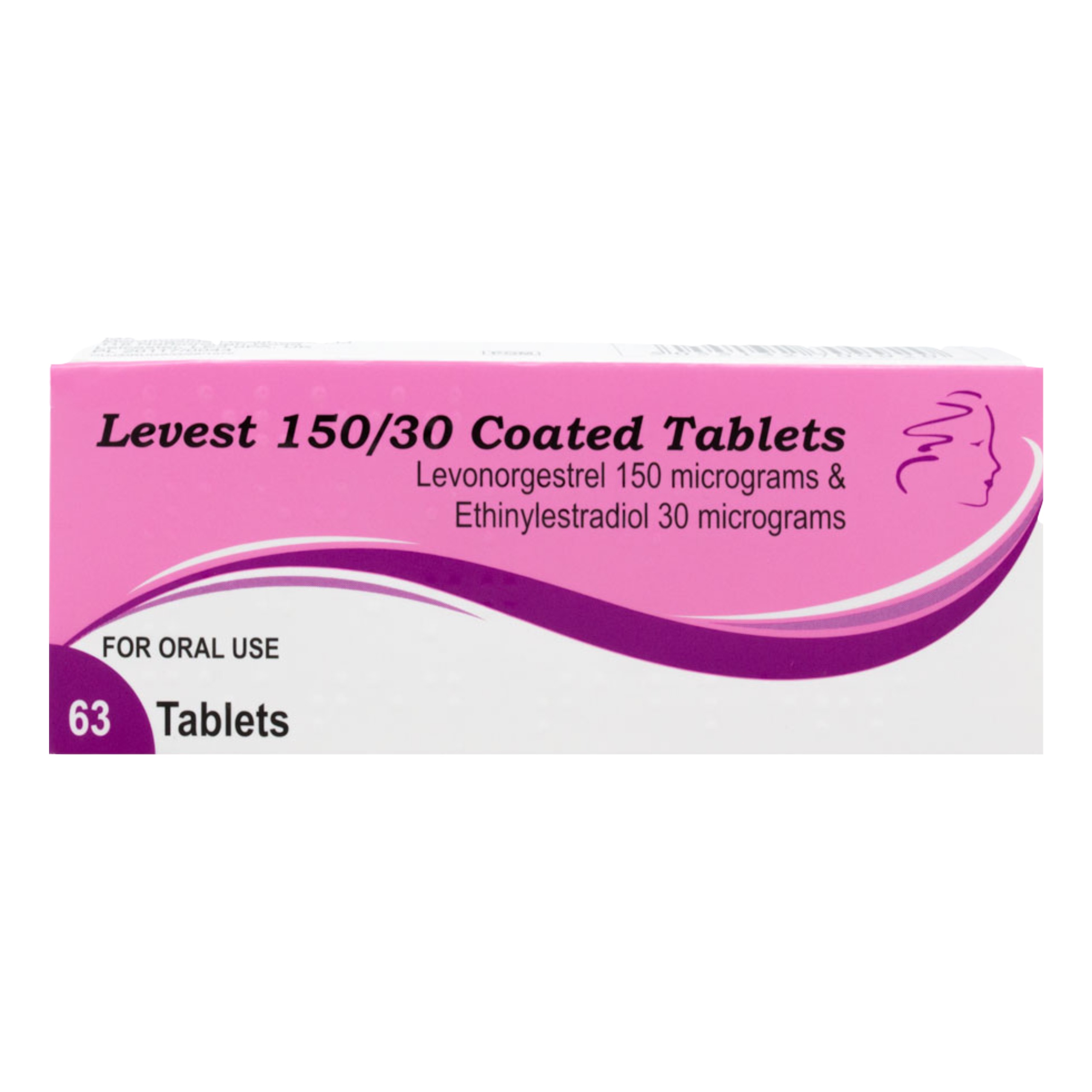What is Levest?
Levest is an oral contraceptive pill used to prevent pregnancy. It has levonorgestrel and ethinylestradiol as its active ingredients. You should take levest as directed by your doctor for it to effectively prevent you from becoming pregnant.
How Does levest Work?
Levest helps to prevent ovulation, which subsequently prevents the production of eggs. It also leads to the building up of mucus in the cervix, thus blocking sperms from getting into the uterus. It also helps thin uterus lining and makes it difficult for an egg that has been fertilized to be embedded into the wall of the uterus.
What it Treats
- Prevents pregnancy.
- Reduces premenstrual symptoms
- Improves period pain and flow.
Levest may not be the best option for you if you:
- Are allergic to any of its ingredients
- Have angina pectoris
- Have severe migraines or diabetes
- Have a history of breast cancer stroke or heart attack
- Have impaired liver function
- Have high blood pressure
- Have or have had a blood clot or blood clotting disorder
- Your blood has high lipid levels.
- Have diabetes, sickle cell anaemia, or inflammatory bowel disease.
- If you are pregnant or breastfeeding
Consult your doctor to see if you have any other condition that might prevent you from using Levest as a preferred contraceptive. More information can be found in the Patient Information Leaflet.
Here is how you should use Levest:
- Take a pill every day for the next 21 days.
- Swallow it with water.
- Try taking your pills at around the same time each day.
- You can then take a 7-day pill free break once you are done with the 21 pills.
- Expect a withdrawal bleed during this break.
- Start a new pack of Femodette after the 7-day break.
Remember, you are still safe from getting pregnant during the 7-day pill-free break. But only if you took your pills as advised.
The most common side effects are:
- Feeling sick
- Nausea and vomiting
- Headache and migraine
- Increased blood pressure
- Tender or enlarged breasts
- Vaginal thrush
- Mood swings
- Low sex drive
- Abdominal cramps
- Irregular bleeding or spotting
- Weight changes or fluid retention

















